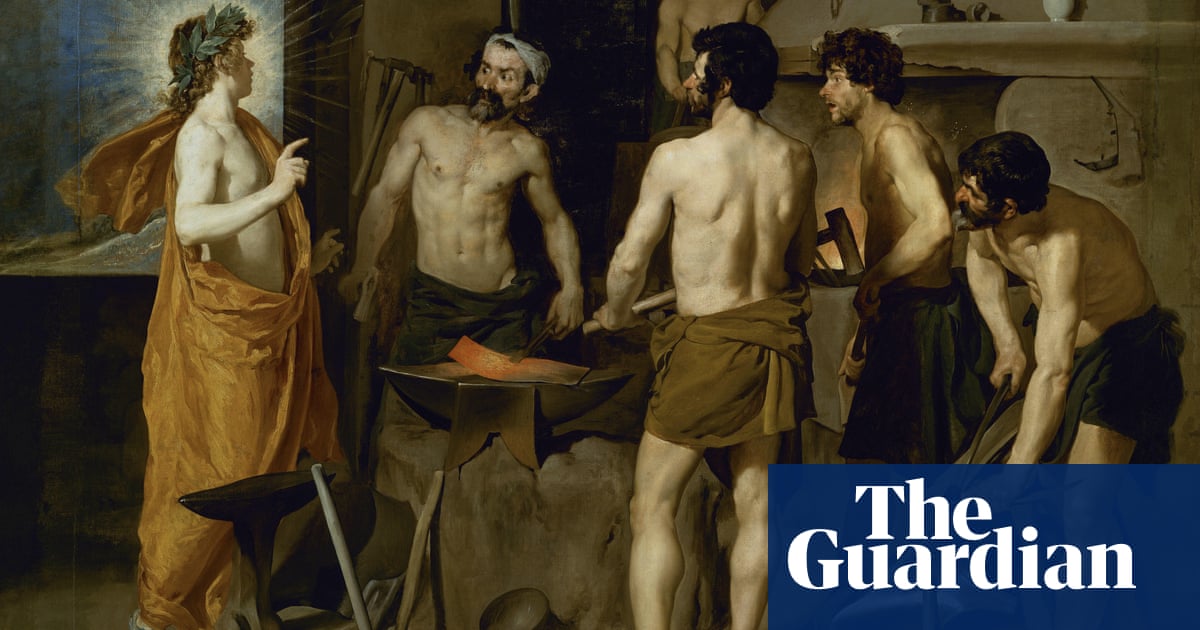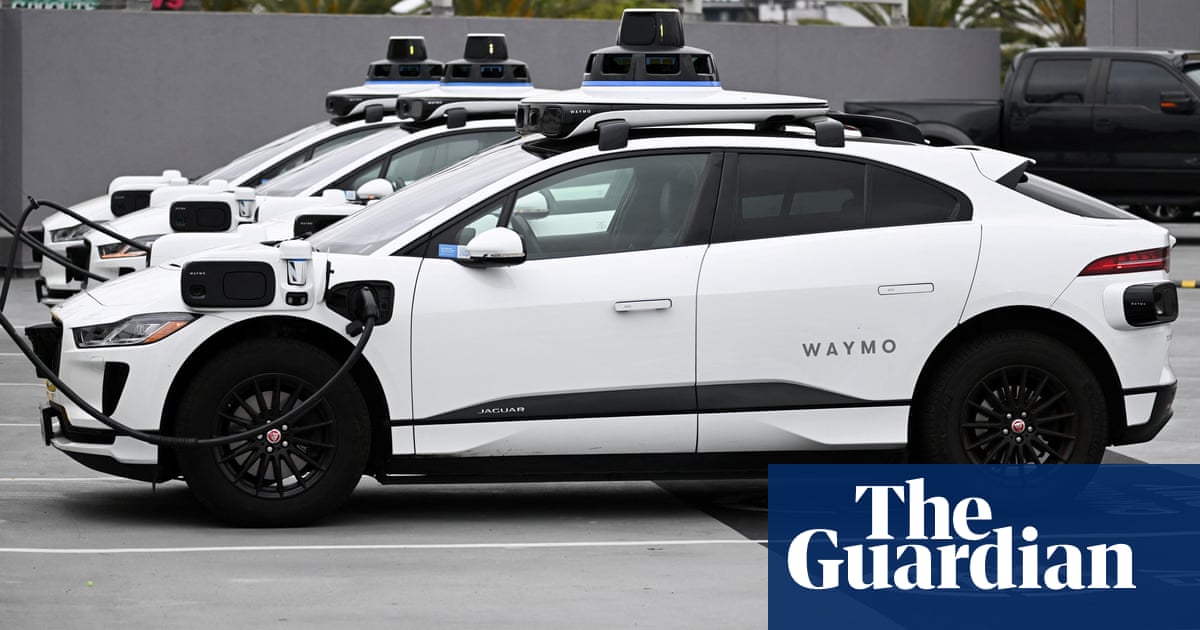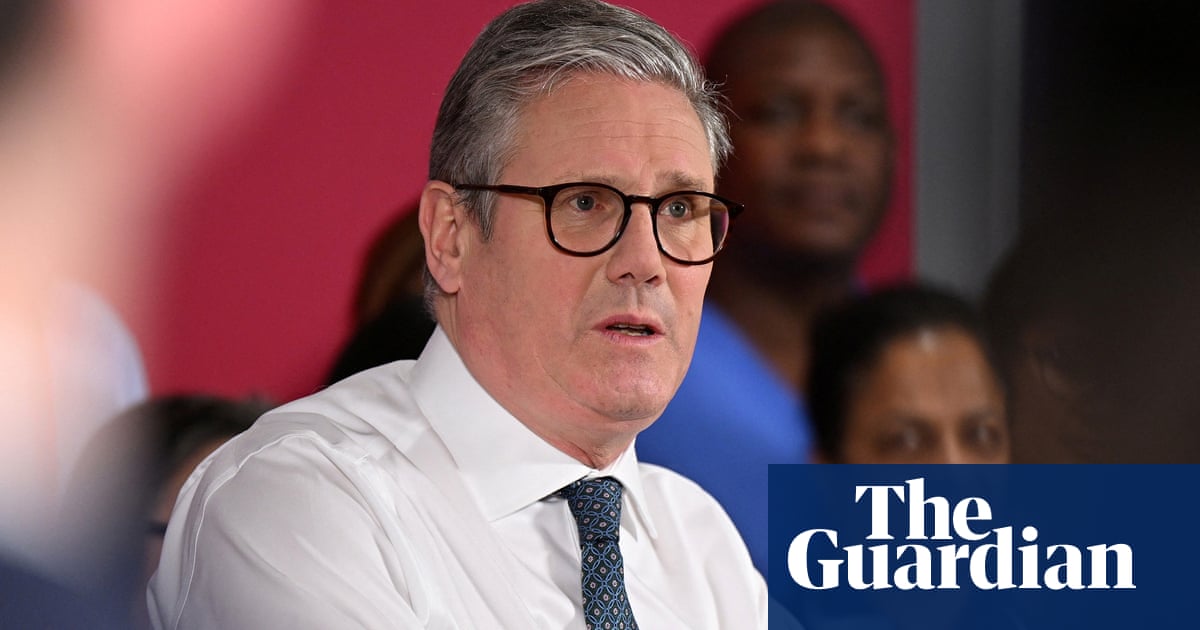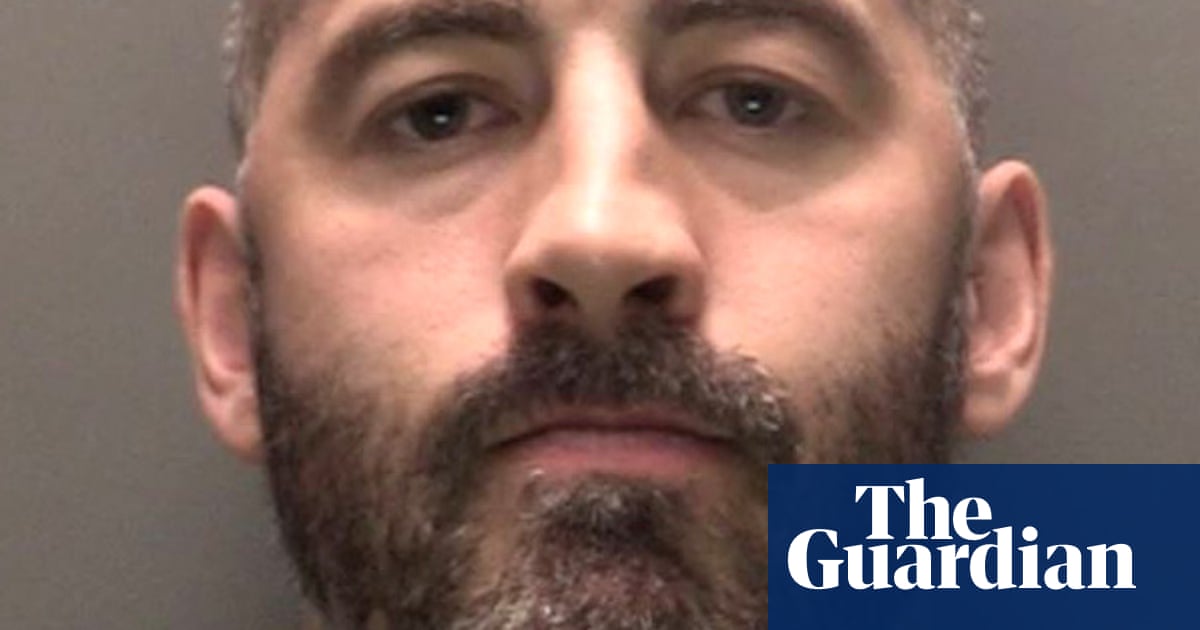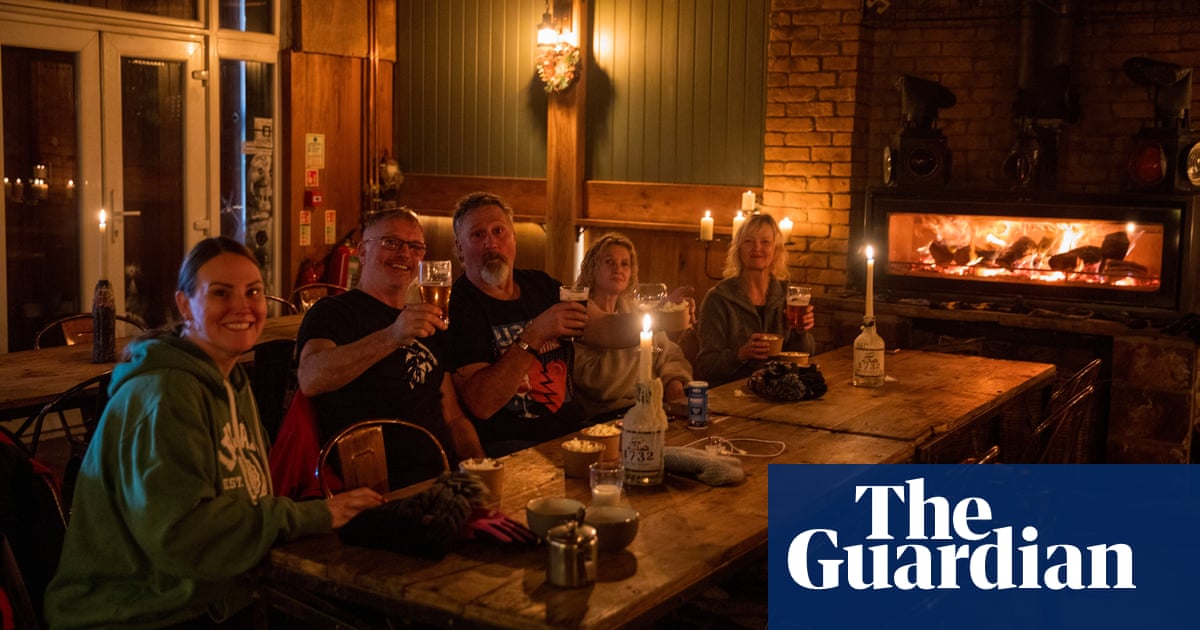Trump’s former chief of staff has just confirmed the ex-president is a fascist. The former chairman of the joint chiefs of staff went on record saying the ex-president is a fascist. Historians of the highest stature say he’s a fascist – shouldn’t all this be enough to settle what has come to be known in the US as “The Fascism Debate” – a debate that has long been acrimonious and surprisingly personal?
There’s no disagreement among the participants in this debate that Trump must be stopped. Any yet disputes around the f-word have made leftists and liberals assemble in a circular firing squad. Those using the fascism analogy have found themselves attacked for ignoring that all was not well with US politics before 2016; those refusing historical parallels are faulted for complacency. Yet it is perfectly possible to find the label fascism inappropriate (and possibly counterproductive), without in any way minimizing the dangers Trump poses, or turning a blind eye to fascist strands in US history, such as the KKK.
Fascism is a form of authoritarianism, but not all authoritarians are fascists. Fascists have a transformative political project: to create a homogeneous people devoted to a messianic leader and to mobilize society for the sake of violent racial conflict. By contrast, monarchs or technocratic authoritarians – think of military dictatorships in Latin America – can be perfectly self-effacing: Europe’s longest-lasting dictatorship during the 20th century was headed by a decidedly uncharismatic Portuguese economist, António Salazar. Fascists, on the other hand, base their legitimacy on popular acclamation: they celebrate mass rallies and create a spectacle of power.
So far so Trumpist, it would seem: the cult of personality administered at large rallies; the increasingly open racism which singles out Trump’s supporters as “the real people” – an expression Trump used as he incited his fanatical followers at the Ellipse on January 6. But a collective project centered on violence? Not quite. To be sure, Trump couldn’t be prouder of the Proud Boys; add to that the militarization of civilian life, driven by a supreme court endlessly creative in inventing 18th-century traditions to justify the proliferation of arms. What’s more, Kevin Roberts, head of the Heritage Foundation, today’s leading Trumpist thinktank, has promised a “second American revolution” which, Roberts clarified, “will remain bloodless if the left allows it to be” – as clear a threat of violence as one can imagine. Yet all this is still not the same as fascist leaders glorifying mortal combat as the ultimate meaning of life.
It is not an accident that all fascist movements emerged from the experience of violence during the first world war (Mussolini preached that the conflagration had created a “trenchocracy,” an aristocracy of warriors); and it is not an accident that all fascist states eventually went to war – which is also why losing in war dealt such a blow to fascist ideology after 1945: how could hardened fascist men have possibly been defeated by the flabby plutocracies in the west?
Trump has not exactly proven a war monger. True, his incitement of violence inside the country isn’t just kayfabe, and plans to use the military for mass deportations are reminiscent of horrendous 20th-century experiences of ethnic cleansing, while using the military against domestic enemies recalls the practices of Latin American generals. What’s more, the promise to make American Men Great Again very much aligns with an idealization of masculinity that would have been instantly recognizable to 20th-century fascists.
And yet Trump is also both product and promoter of a consumer capitalism that seeks to demobilize people politically. It’s hard to see that young people today would find the idea of marching around in uniforms the essence of the good life; Trump’s promise to his “real people” – from the rural folks of the supposed “heartland” to lily-white suburbs – is precisely that they don’t need to make sacrifices. His former chief of staff reports that Trump, visiting Arlington, claimed not to see the point of dying in war. But no real fascist leader would have denied that heroic death in combat had meaning.
So should we just relax? Absolutely not. Trump is similar to far-right populists like Narendra Modi and Viktor Orbán who claim uniquely to represent the people, who delegitimate their political opponents as traitors, and who incite hatred against already vulnerable minorities. Such a strategy has authoritarian consequences; those in turn enable crony capitalism, or outright kleptocracy, which has been crucial for the consolidation of regimes like Orbán’s.
Here’s a lesson that is more useful than the general analogy with fascism. Contrary to the liberal tendency to blame political ills on the supposedly irrational people, it is elites who decide that they are done with democracy. The parallel with the Weimar Republic is usually deployed to suggest that majorities elect fascists. But Hitler was handed power by old Prussian and industrial elites for whom he might not have been the ideal chancellor, but good enough in the face of Communism. Fascists marched on Rome in 1922, but Mussolini arrived comfortably by sleeper car from Milan, as traditional Italian elites had invited him to govern.
Trump has a real movement, but, as Hannah Arendt recognized when diagnosing a peculiar 20th-century alliance between what she called the “mob” and elites, a movement is not enough. American billionaires and CEOs have been falling over themselves to support a candidate who promises to lower taxes and deregulate like crazy; supreme court justices have pre-approved an authoritarian playbook with their grant of presidential immunity. Calling this fascism isn’t particularly illuminating; but withholding the f-word does not make the prospect of Trump’s second coming any less dangerous for the US and, in fact, the world as a whole.
-
Jan-Werner Müller is a professor of politics at Princeton University and a Guardian US columnist

.png) 2 months ago
22
2 months ago
22




